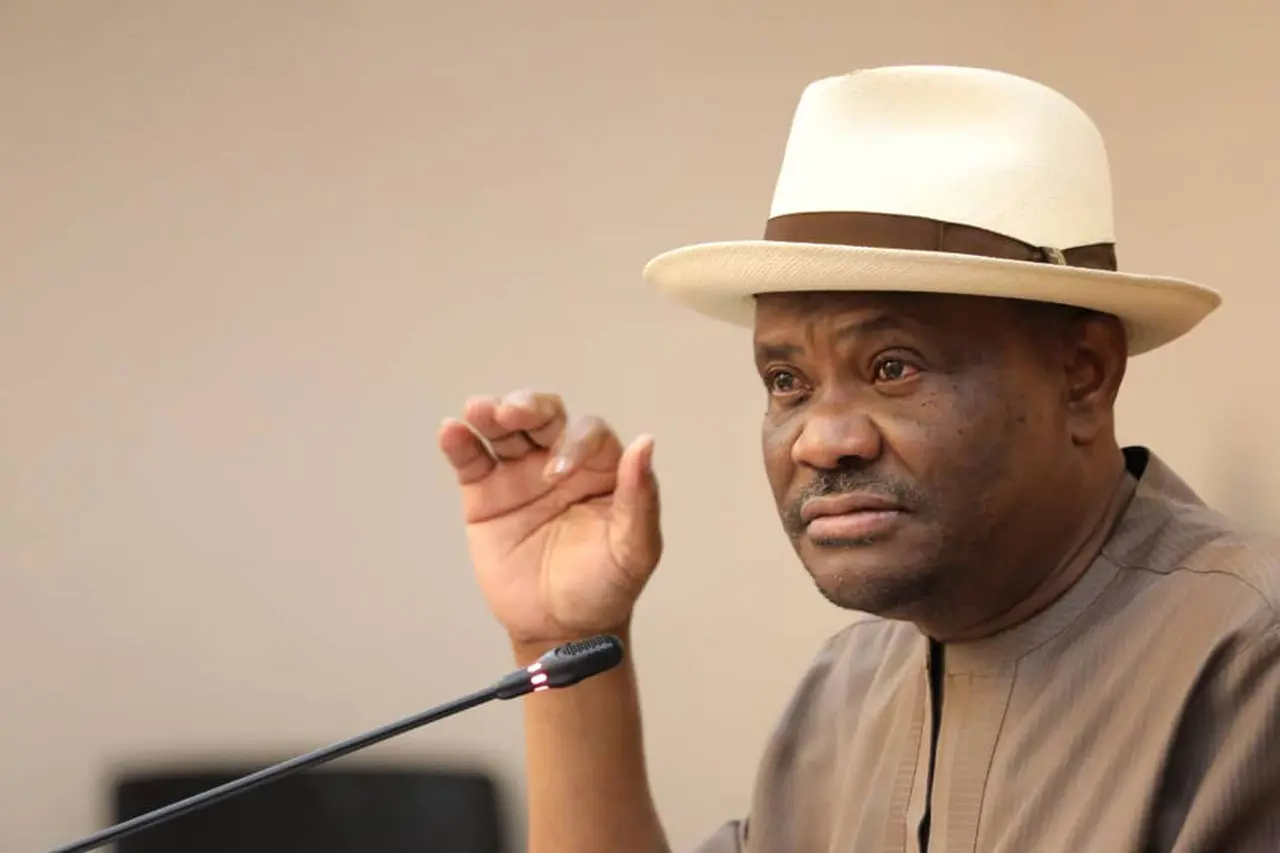The Rivers State emergency rule did not fall from the sky, it was born from the endless power games between Nyesom Wike and Sim Fubara. Wike, the same man who midwifed the crisis, now speaks with authority about when the emergency should end, as though he were the one holding the keys to Rivers’ destiny.
If Rivers has been stuck under emergency rule, it is because Wike made sure it got there. From suspending Governor Fubara and his deputy to installing his own preferred structure, Wike has been the puppeteer pulling the strings. So when he confidently declares that “the coast is clear” for normalcy to return, the real question is: who exactly is ruling Rivers, President Tinubu, or Wike himself?
Wike is acting like the landlord of Rivers politics
On paper, it was President Bola Tinubu who declared a state of emergency in Rivers. But in practice, it is Wike who has dictated the script. He decides who sits, who stands, who speaks, and who keeps quiet. This isn’t governance; it’s shadow rule.

Wike’s optimism that elections signal the end of emergency rule is premature for one simple reason: the state is still entangled in the very power struggle he created. Installing local government representatives doesn’t erase months of uncertainty, nor does it resolve the deeper question of whether Rivers has been reduced to a pawn in his personal war with his political godson.
The real problem is not emergency rule—it’s Wike’s overreach
Everywhere you turn, the same name echoes: Wike. When the governor speaks, it is measured against Wike. When the Assembly acts, it is judged through Wike’s lens. Even at the Villa, pictures of Tinubu flanked by Fubara and Wike make it painfully obvious who commands the spotlight.
Rivers State emergency rule is supposed to expire on September 18. But ending the emergency doesn’t automatically end Wike’s grip. If he can suspend, reinstate, and “settle issues” at will, then what has really changed? Emergency rule may be gone on paper, but Wike’s dominance may linger far longer.
Who really governs Rivers?
Here is the uncomfortable truth: Wike has turned Rivers politics into his personal chessboard, while Tinubu has mostly allowed him the freedom to play. Yes, the president signed off on the emergency, but it is Wike who speaks like the final authority on when the crisis begins and ends.
So Wike’s optimism is premature, not just because the legal state of emergency is still ticking, but because the political emergency, his shadow rule over Rivers—is far from resolved. Until Rivers can breathe free of one man’s overbearing influence, elections and deadlines will only scratch the surface.

















